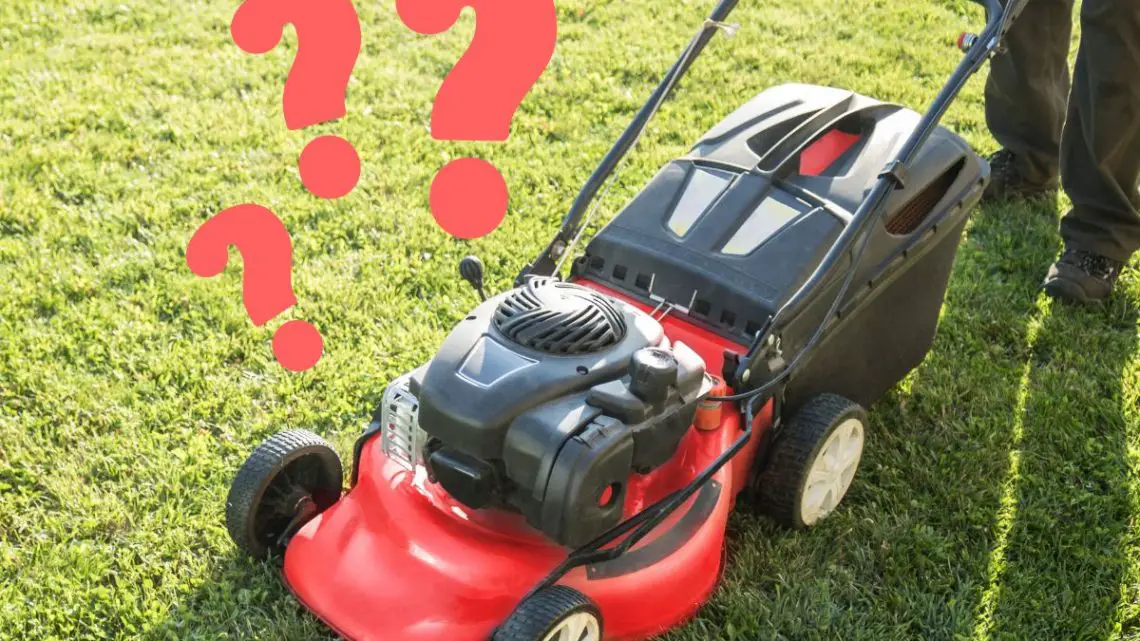
Gas Rotary Mower Engines: Operating Principles and Common Failures
April 2, 2021When your fuel-powered lawn mower starts acting up, there is a good chance the problem is with its heart, which, in more technical terms, means that the engine needs checking.
Some breakdowns can easily be made right on your own, and others will require the assistance of professional mechanics, others still may point to permanent damage, in which case you will have to replace the tool altogether. BumperCrop Times is the place to go for expert advice on how to choose a lawn mower that will perfectly accommodate your lawn-caring needs.
How Does a Gasoline Lawn Mower Engine Work?
Lawn mowers are much less complicated machines than cars or trucks, so fixing them should be less demanding too. This article will review the most popular type of mowers – the gas-powered rotary ones.
- Fuel-powered lawn mowers are essentially cars, only smaller and more task-focused
Most rotary lawn mowers use either a two-cycle or a four-cycle internal combustion engine to power the blade. A single piston drives the engine crankshaft in a rotary mower with a 2- or 4-stroke combustion cycle. When the piston is forced down to connect with the crankshaft, its cyclical movement rotates the cutting blade. To put the piston in motion, the combustion of the fuel is required, which happens when the fuel is injected into the combustor and inflamed by a spark plug.
- A proper balance of combustion components, such as air, fuel, and a spark, is crucial
The carburetor is the part of your lawn mower responsible for mixing the correct amount of air and fuel later sent to the motor. Even though it is relatively low-maintenance, the carburetor still needs you to take good care of it to avoid problems like clogging up or gas decomposition.
- Common engine issues detection and fixing
Sputtering, power loss, stalling, or hard starting often point to irregularities in carburetor operation, most likely due to an air or fuel restriction. To fix those, you might need to change filters or remove sediment in a tube or port.
Clogged exhaust filters or a fouled spark plug may indicate poor combustion. It often happens if the carburetor is adjusted improperly or you are using the wrong fuel type.
Not using oil for lubrication of the engine is a major mistake, too, as it will lead to piston overheating, deformation and can ultimately cause engine seizure.
Conclusion
While the operating principle of gas-powered engines is simple, their efficiency and durability depend largely on proper maintenance. Taking a genuine interest in how your mower works and providing it with excellent and timely care will ensure its smooth performance throughout the busiest summer months.
How well do you understand the workings of your gasoline lawn mower engine? Can you repair it on your own if need be? What are the most frequent breakdowns you have encountered? Let us know what you think in the comments below, and feel free to share this post with others!



 With over 15 years of reporting hydrogen news, we are your premier source for the latest updates and insights in hydrogen and renewable energy.
With over 15 years of reporting hydrogen news, we are your premier source for the latest updates and insights in hydrogen and renewable energy.